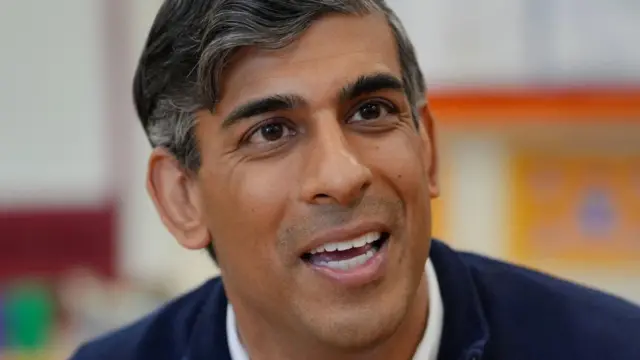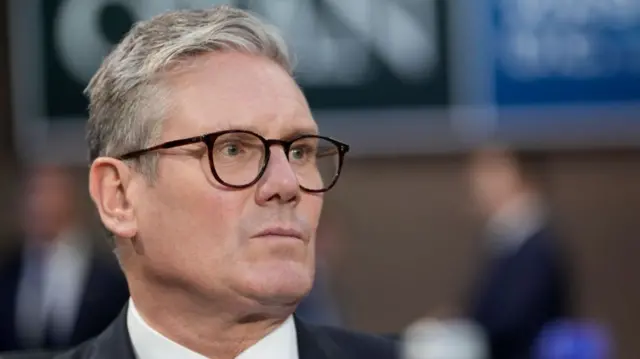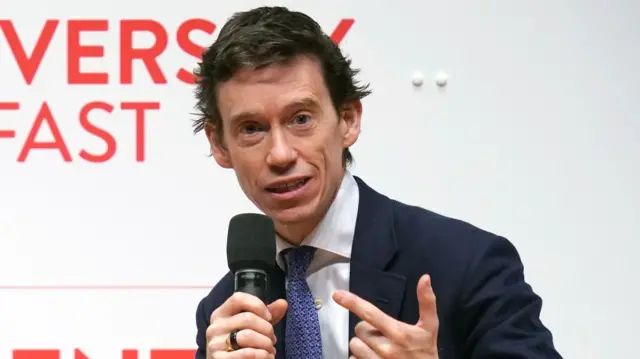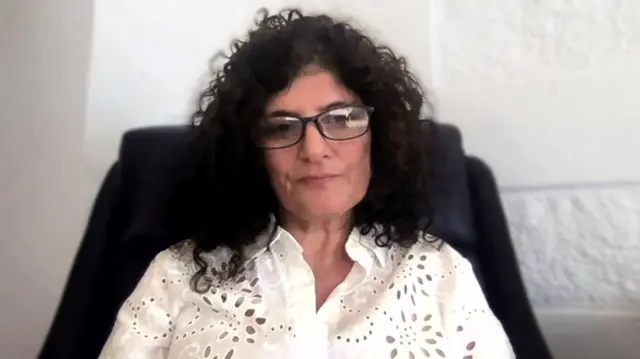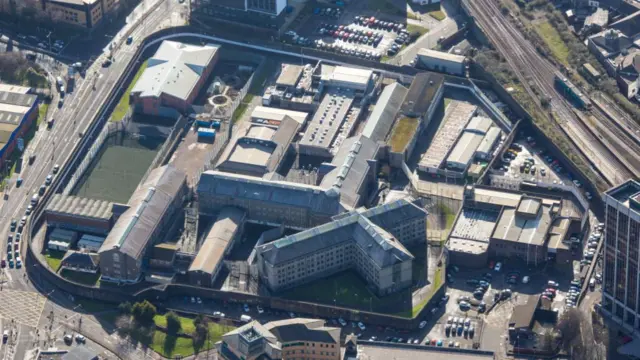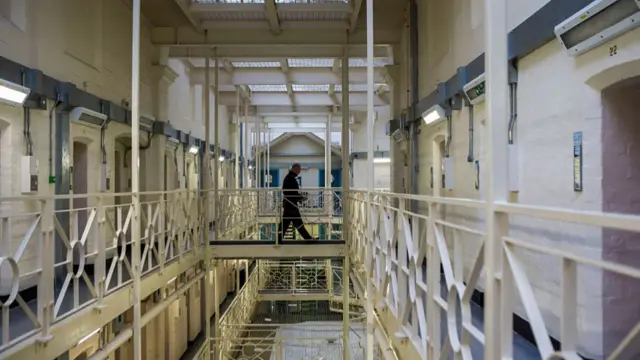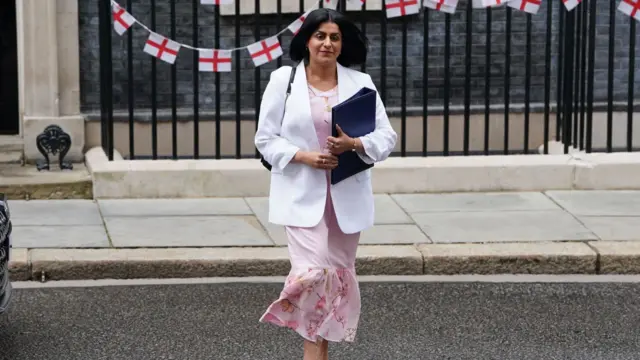Releasing prisoners early is 'least worst option' - Met Commissionerpublished at 11:07 BST 12 July 2024
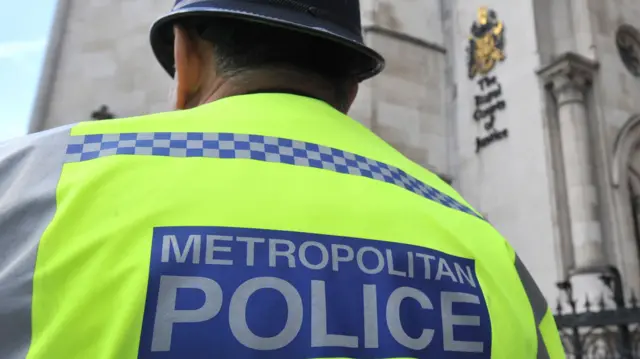 Image source, PA Media
Image source, PA MediaThe government's expected plans to release some inmates early to address prison overcrowding in England and Wales is "the least worst option", according to the Met Police Commissioner.
Sir Mark Rowley tells ITV's Good Morning Britain there's no "easy solution" and prisons are "very, very close to full and filling up day in day out".
He adds the "worst" scenario would be for the prison system to "block" because "that kicks back into the courts and into what we do and that's really dangerous for the public".
He says the government is "forced into making a rapid decision to avoid that risk".


